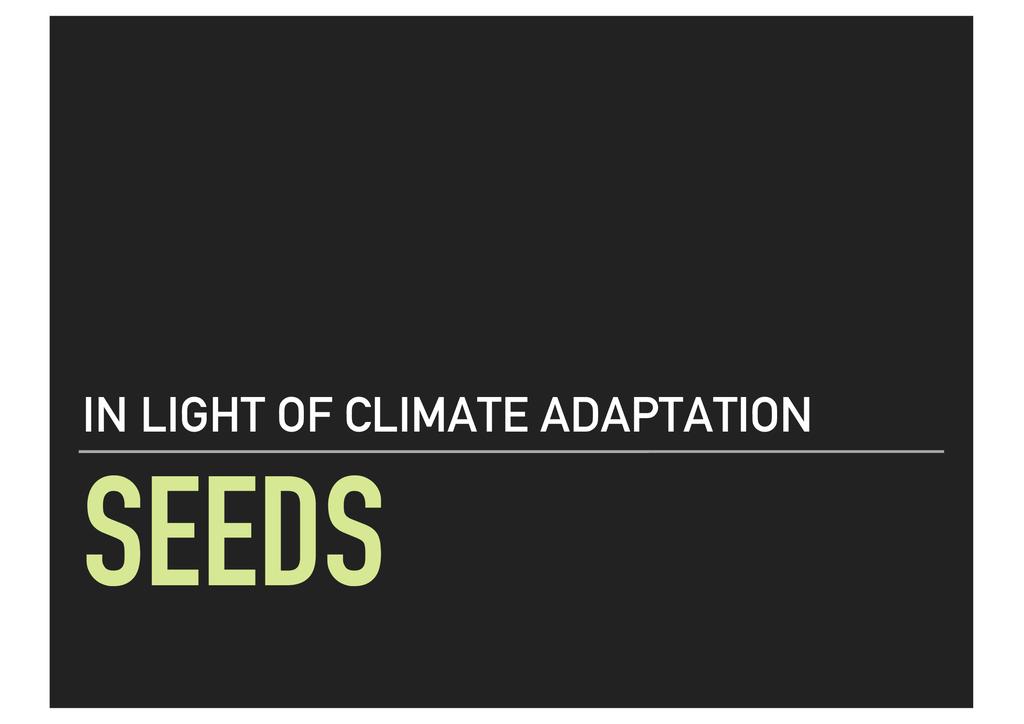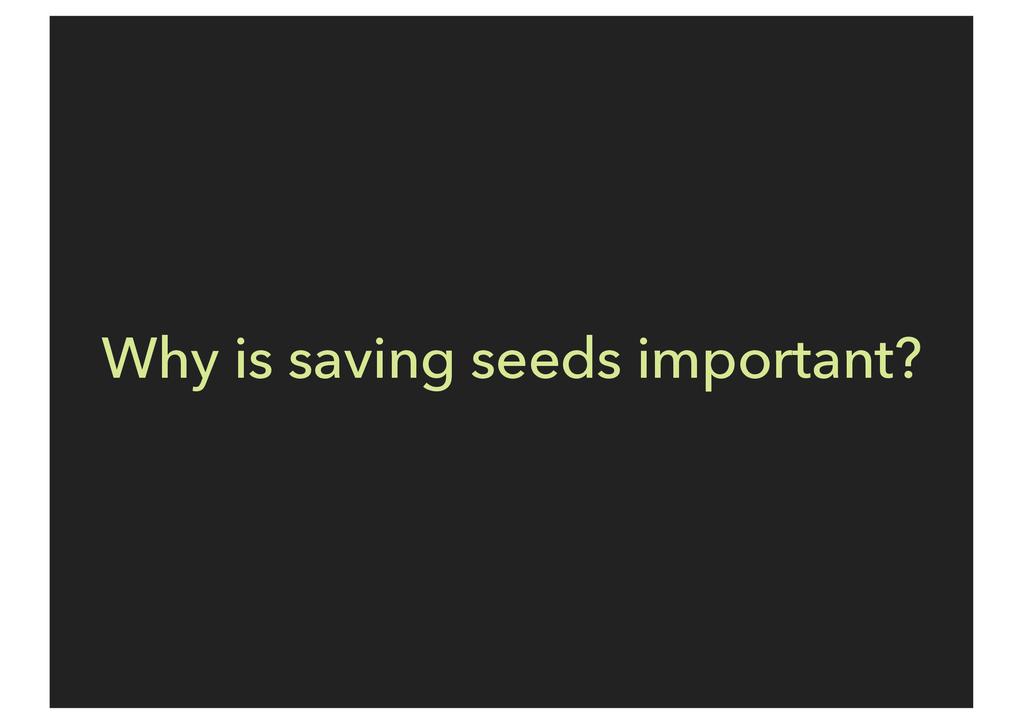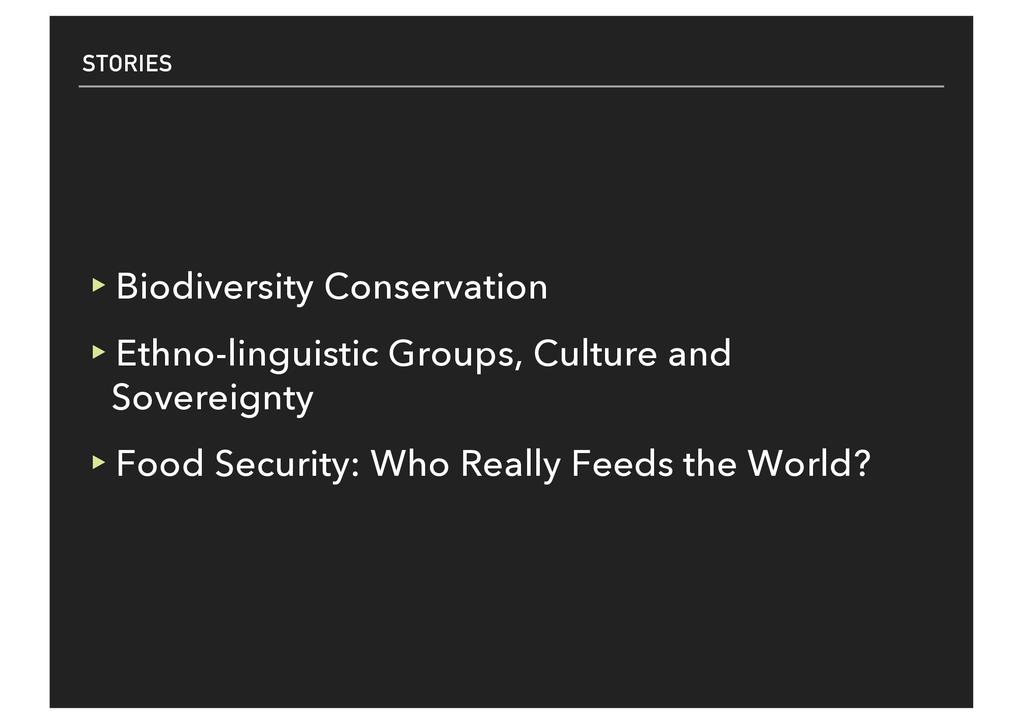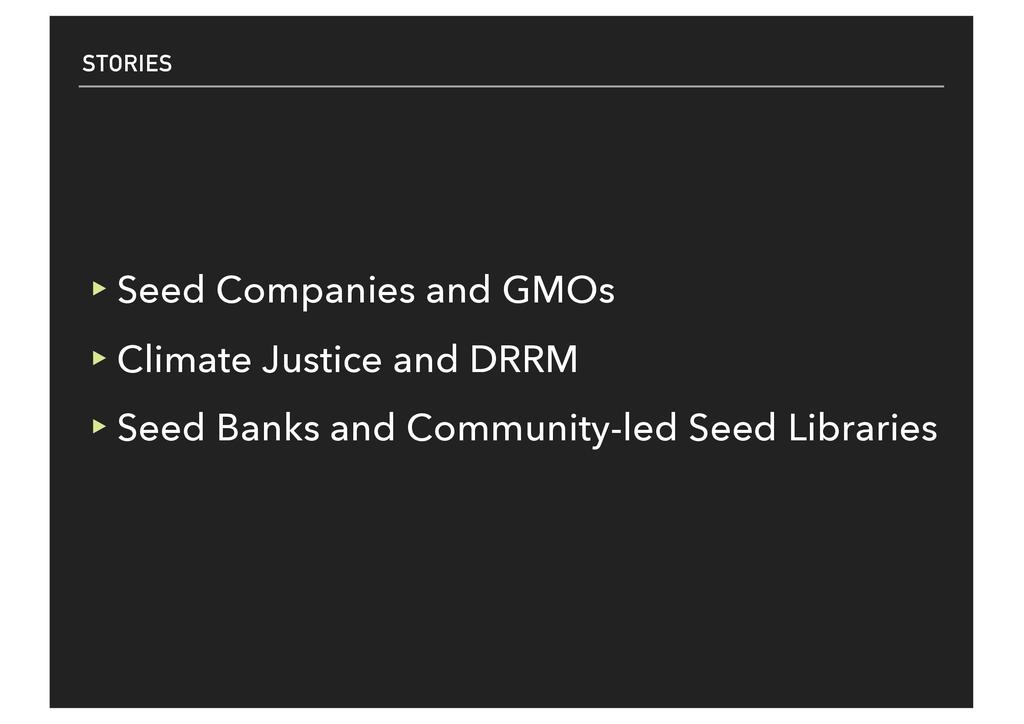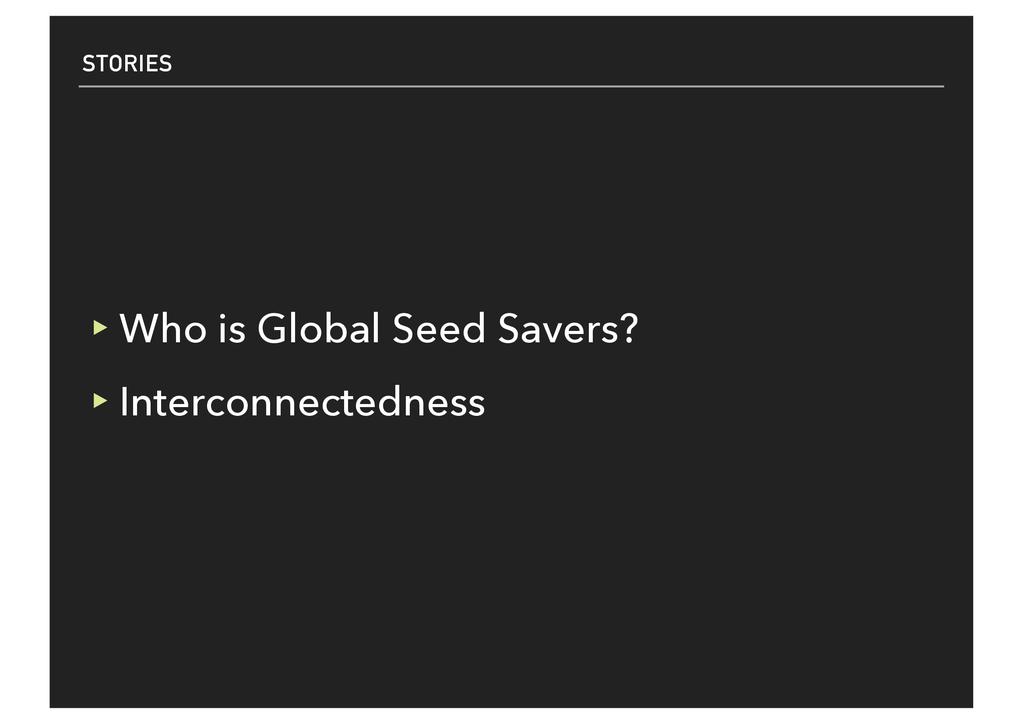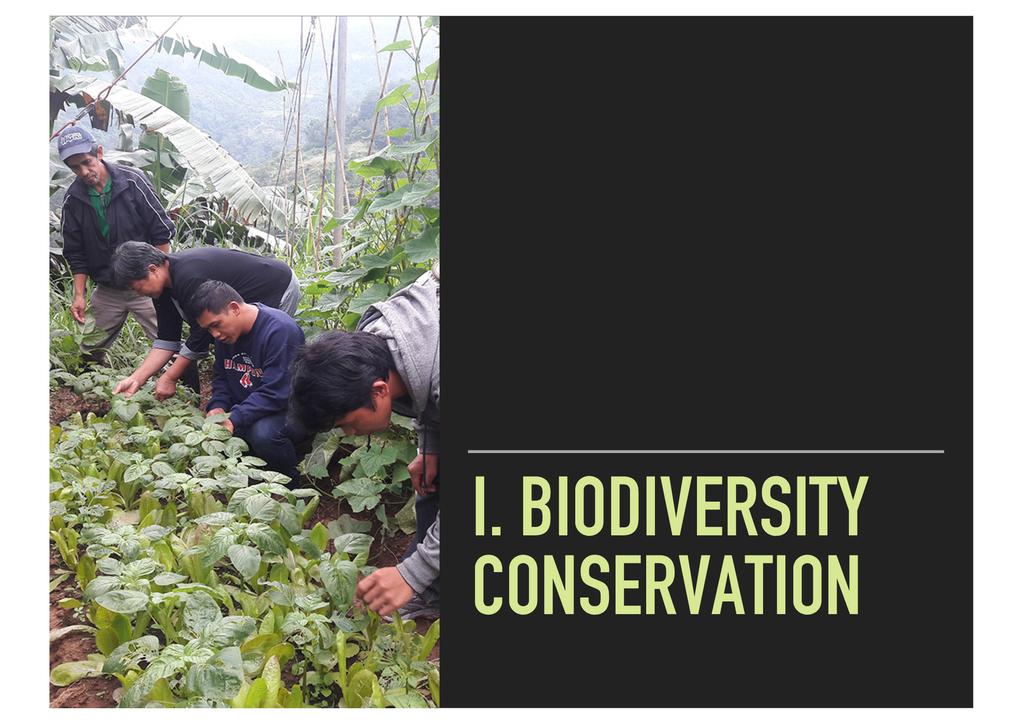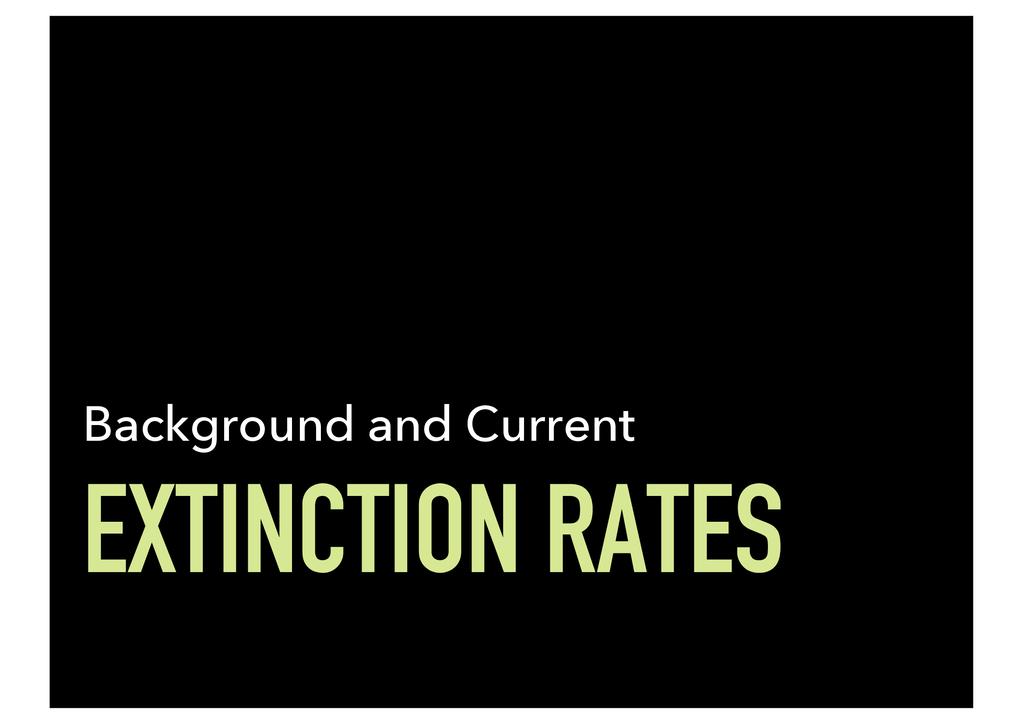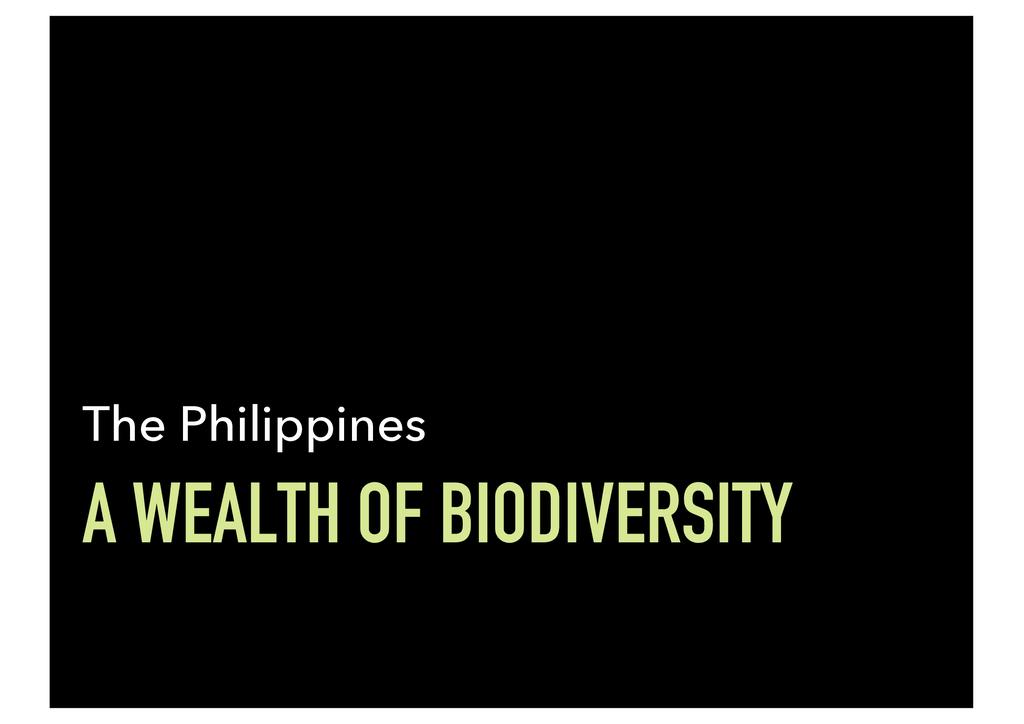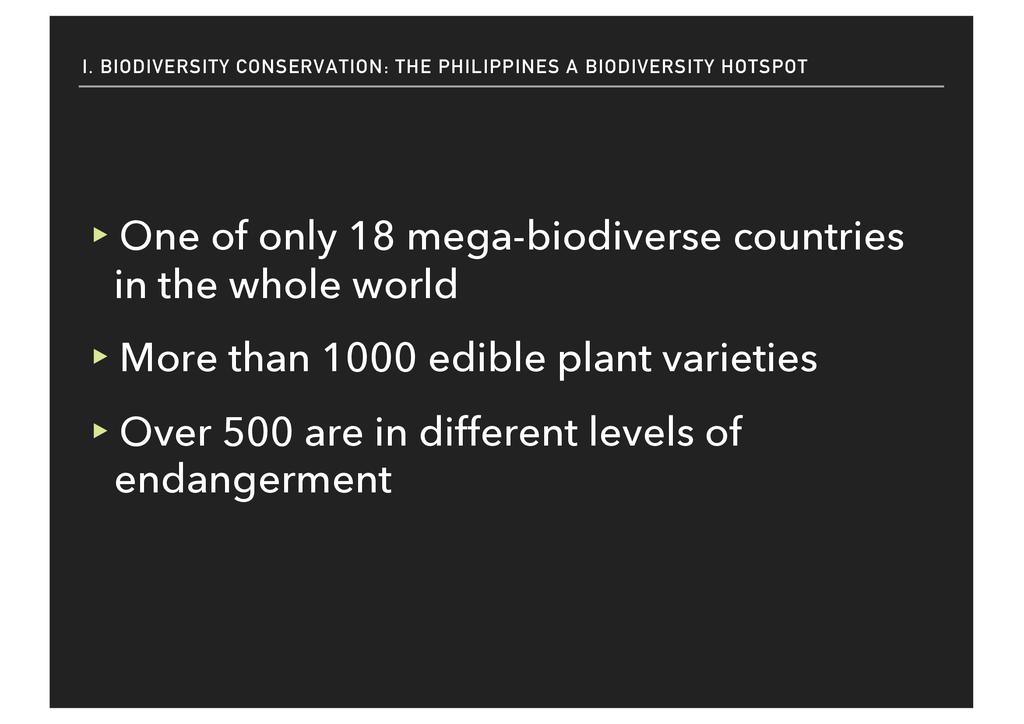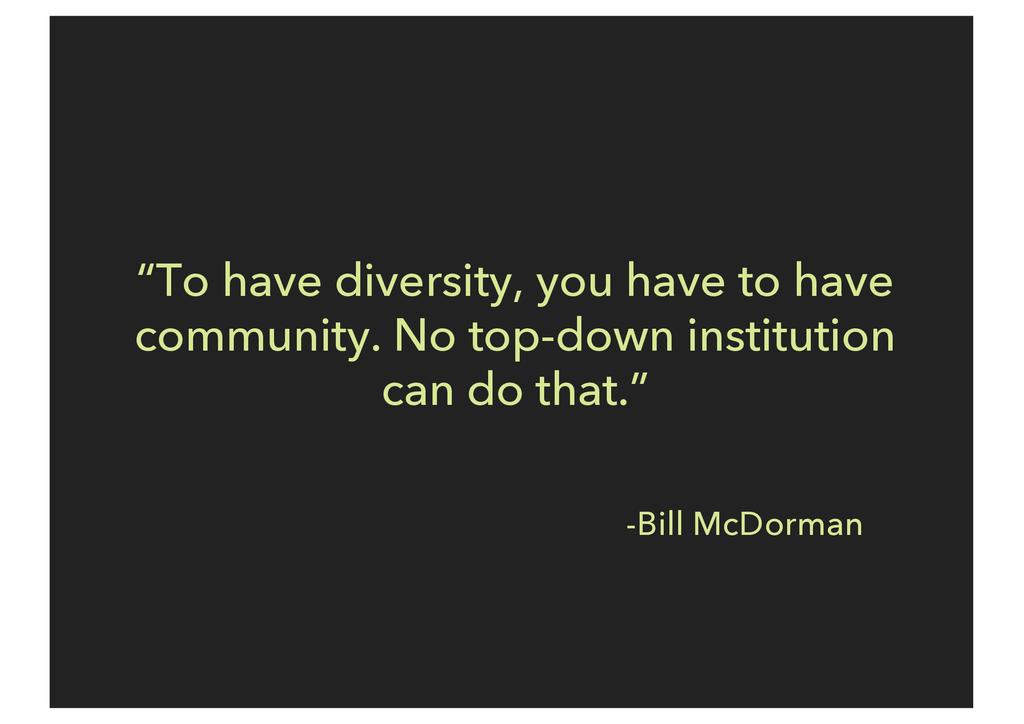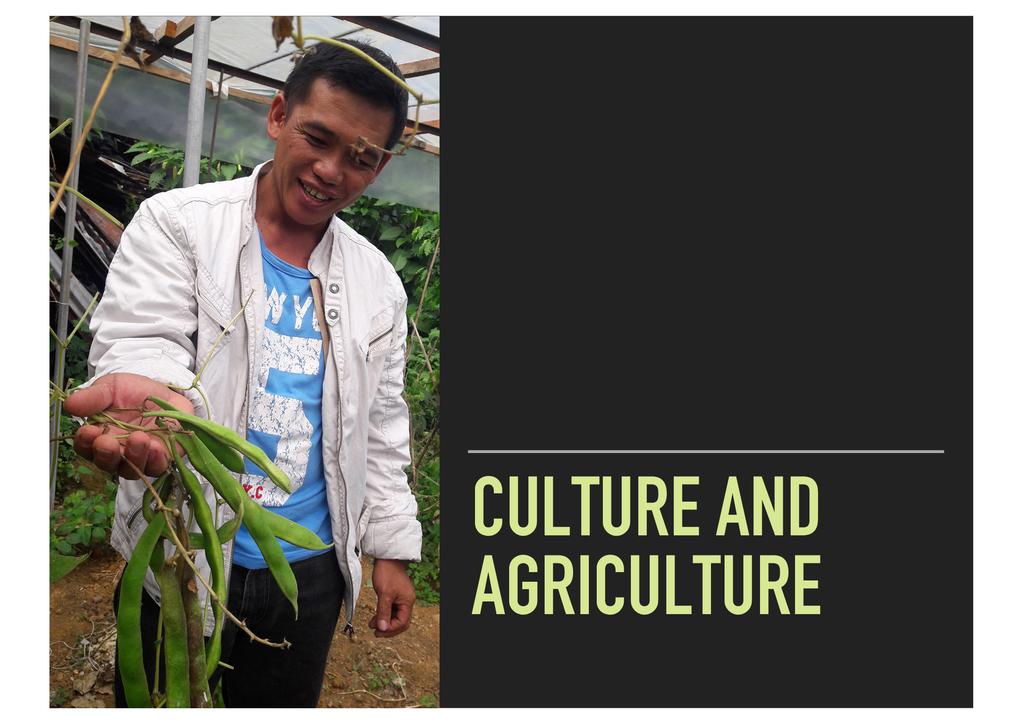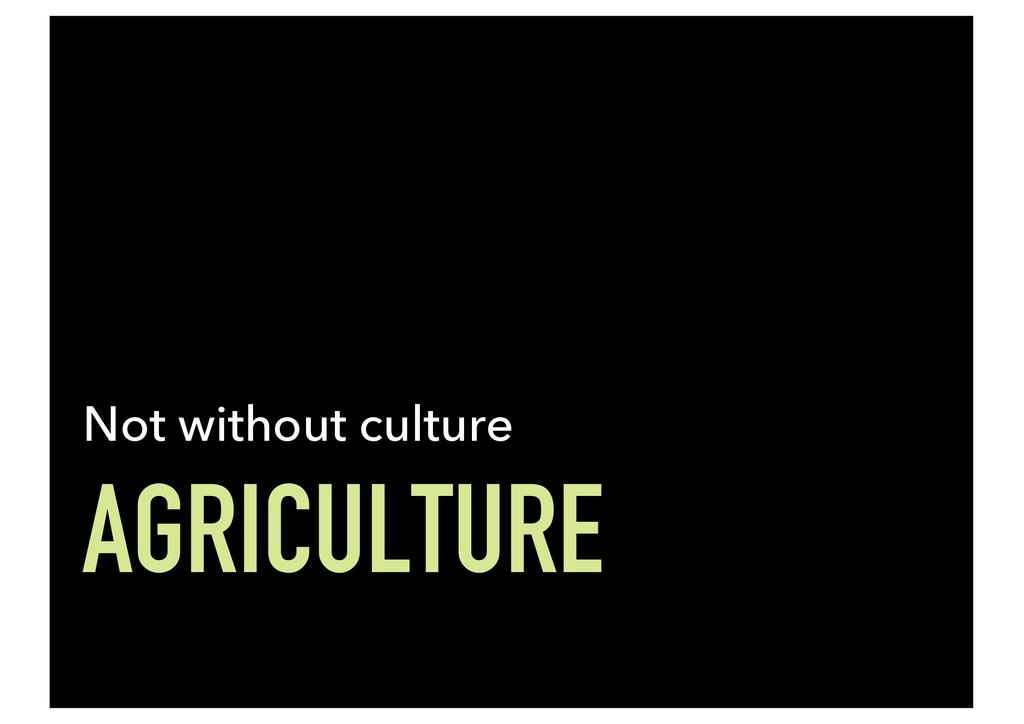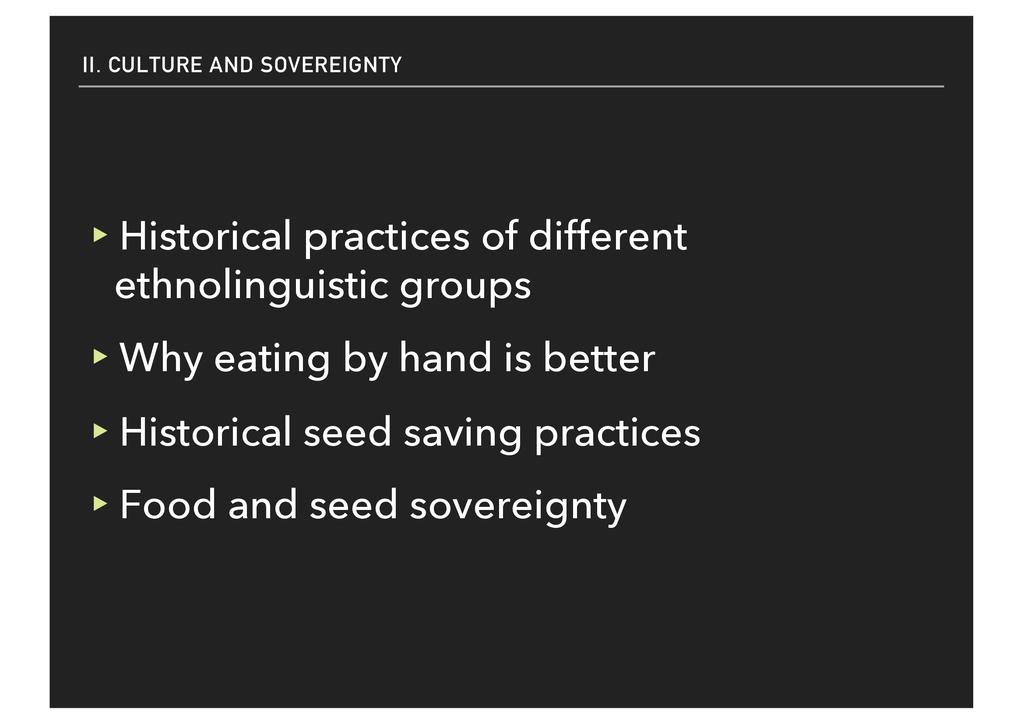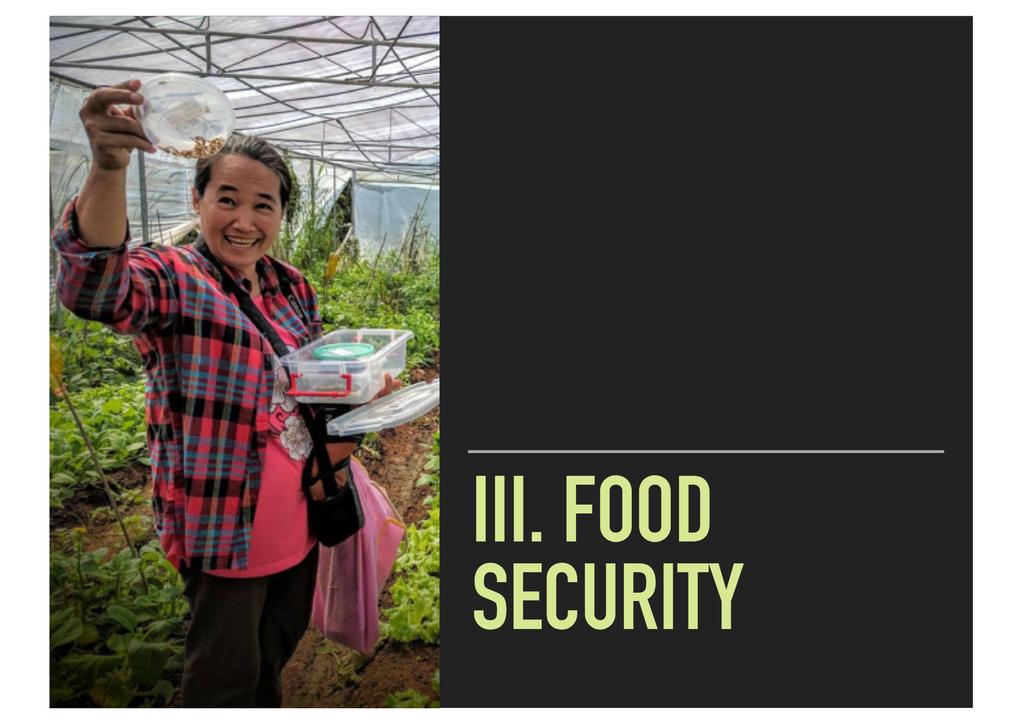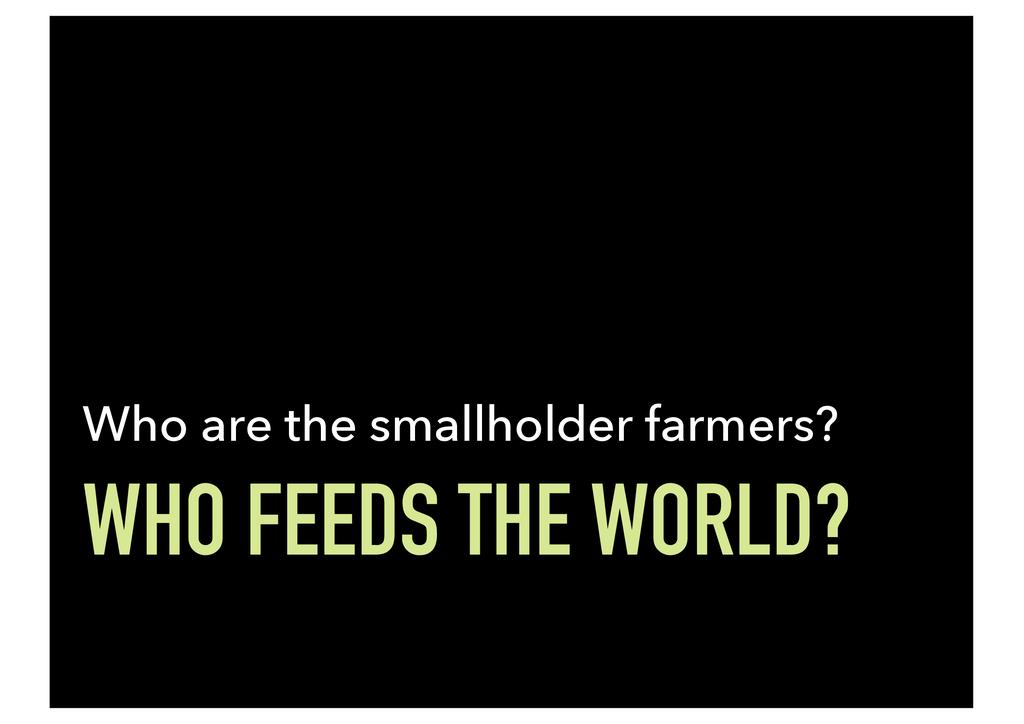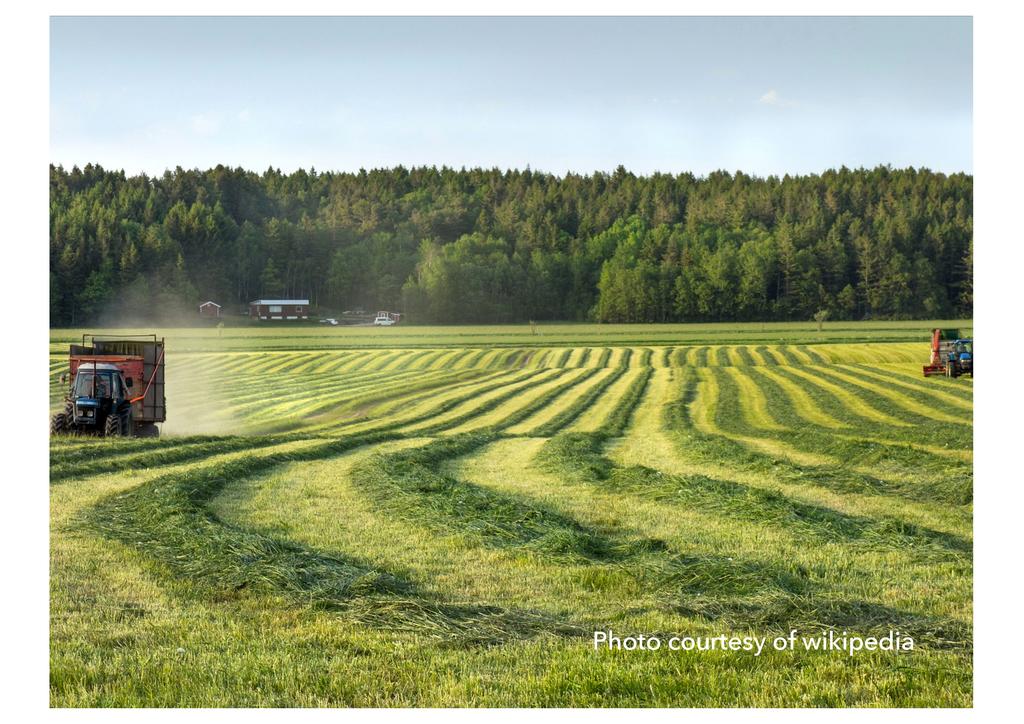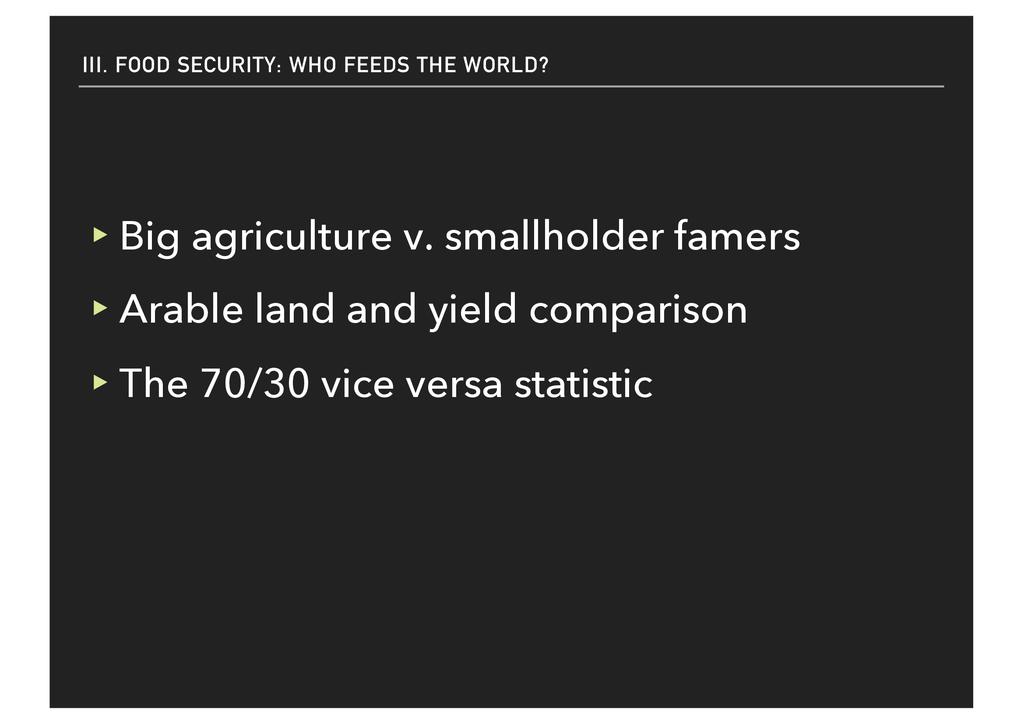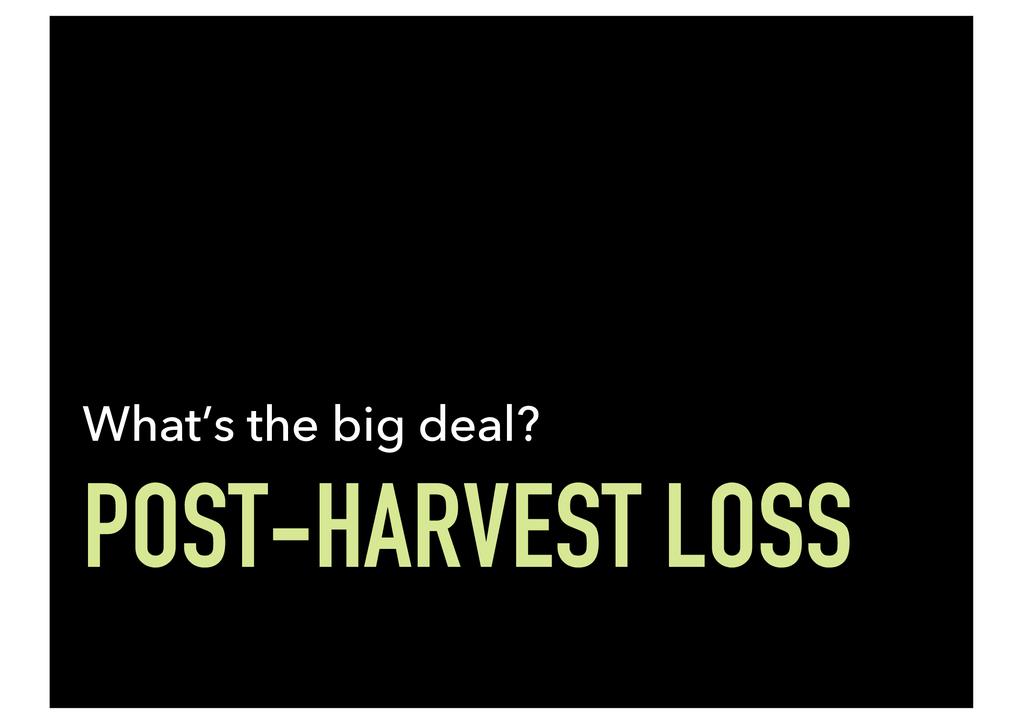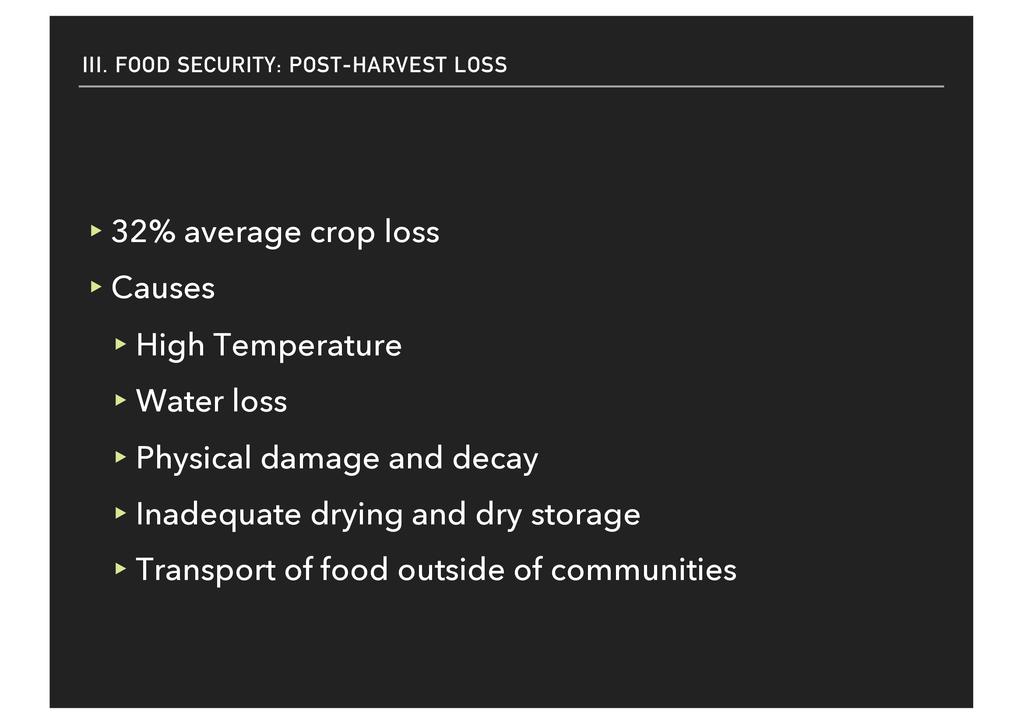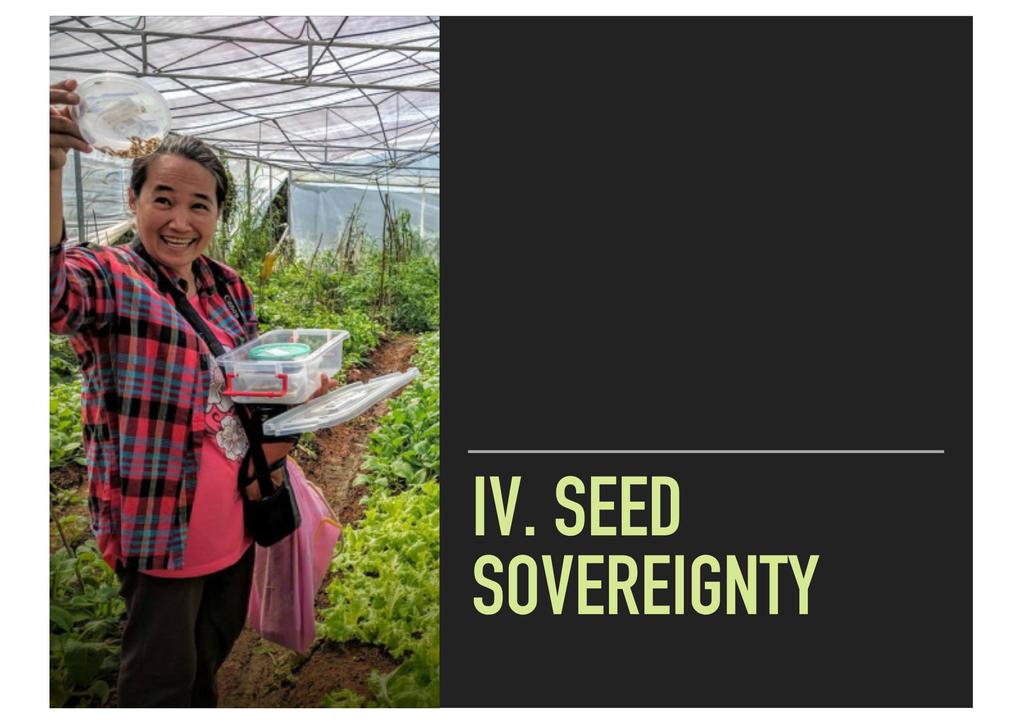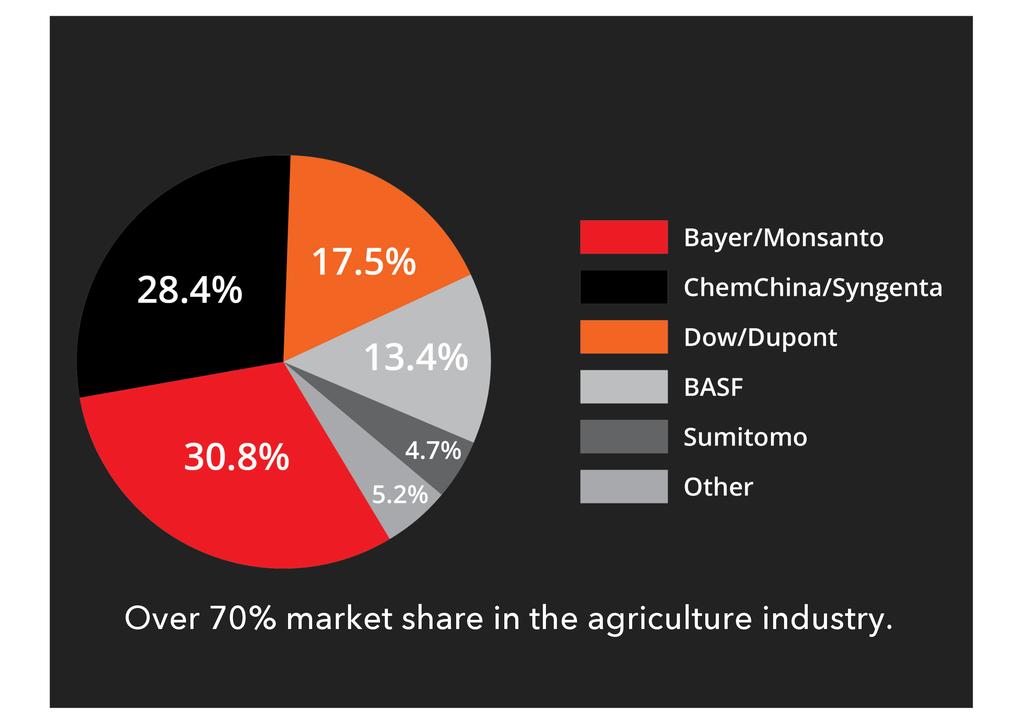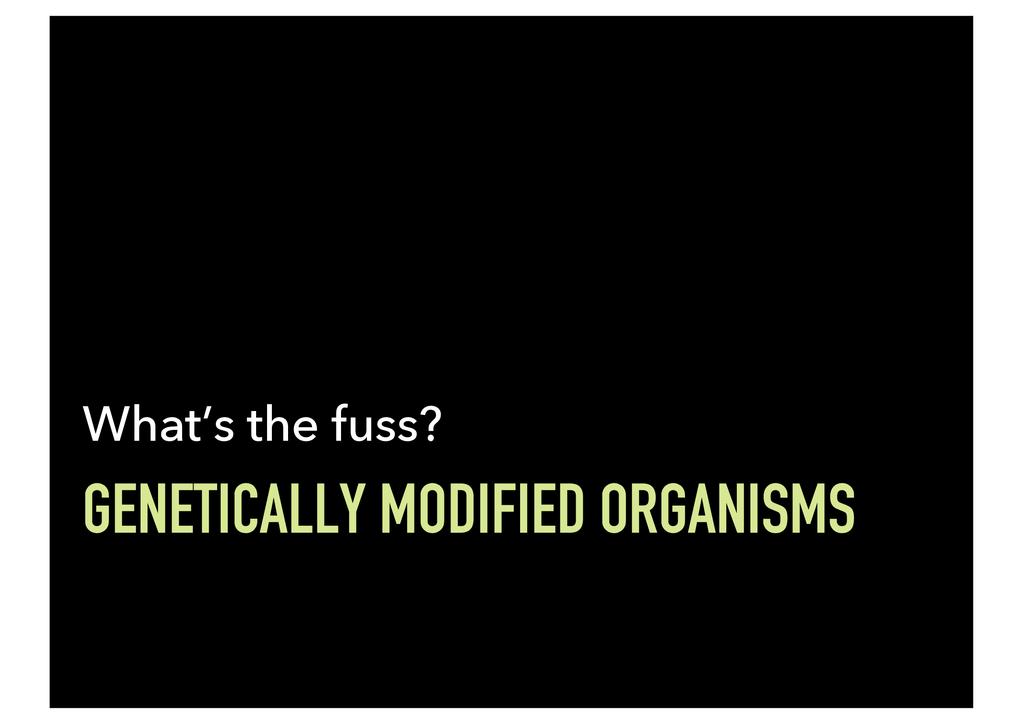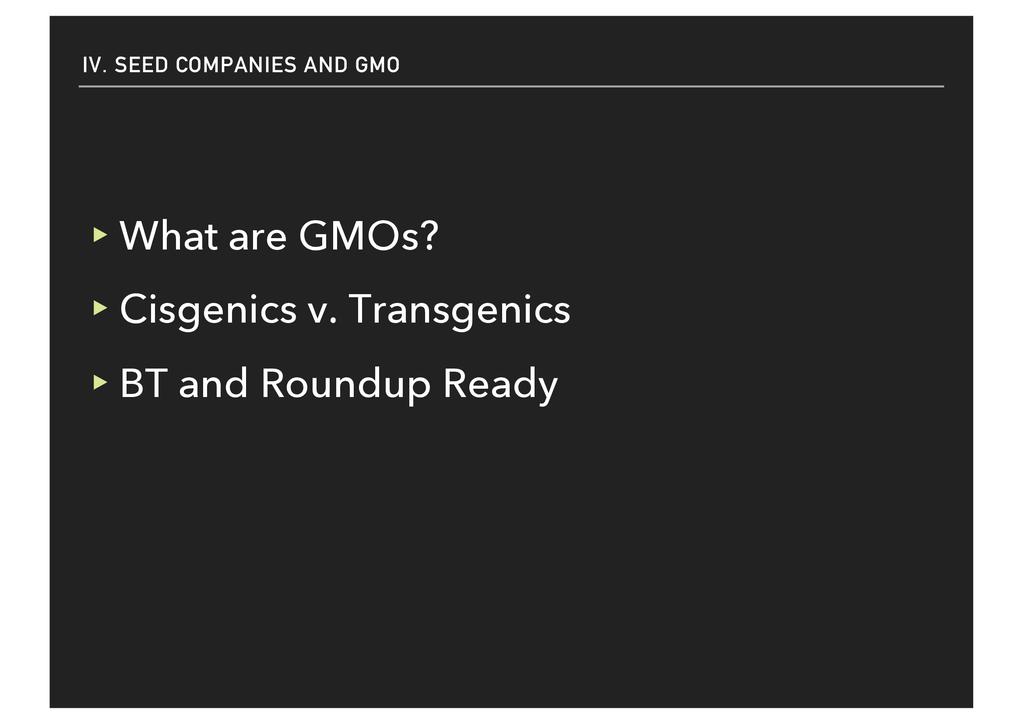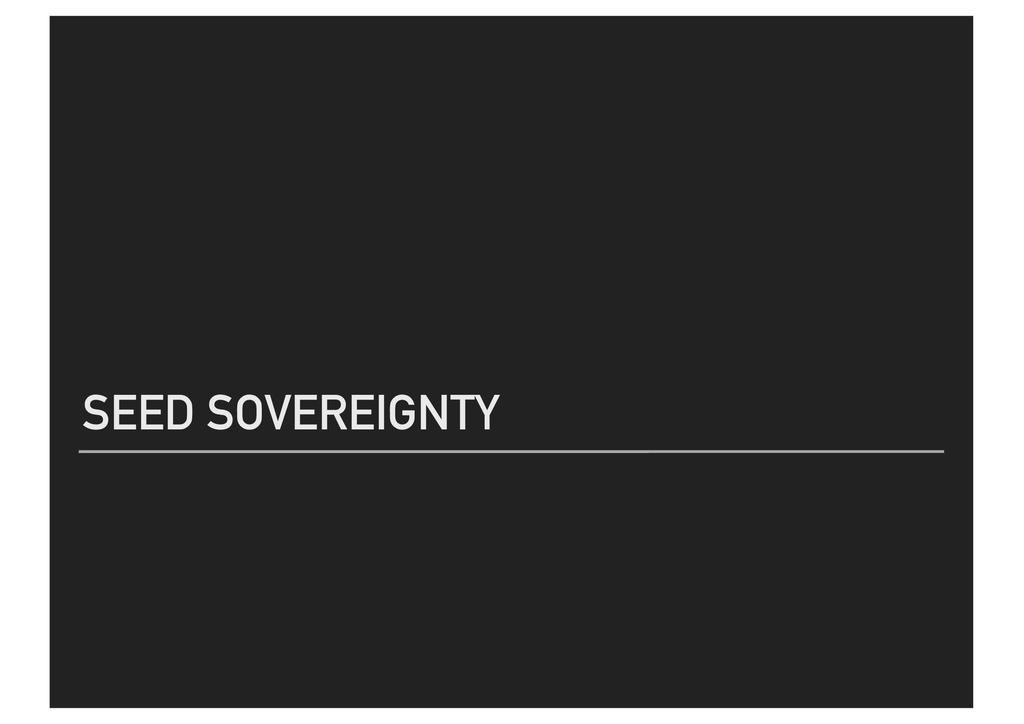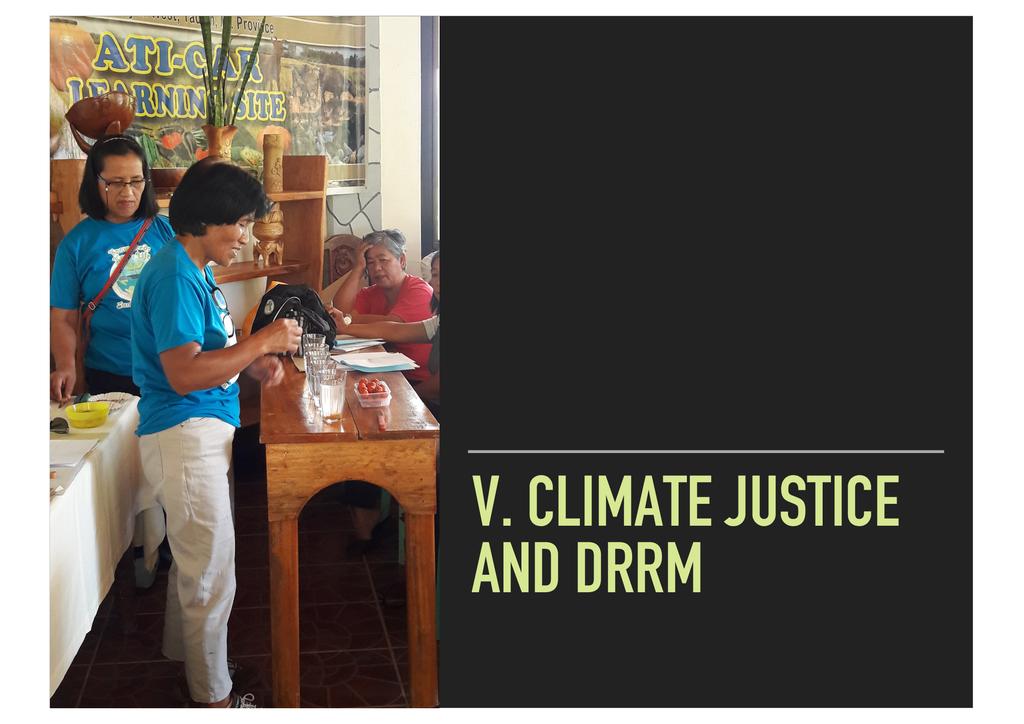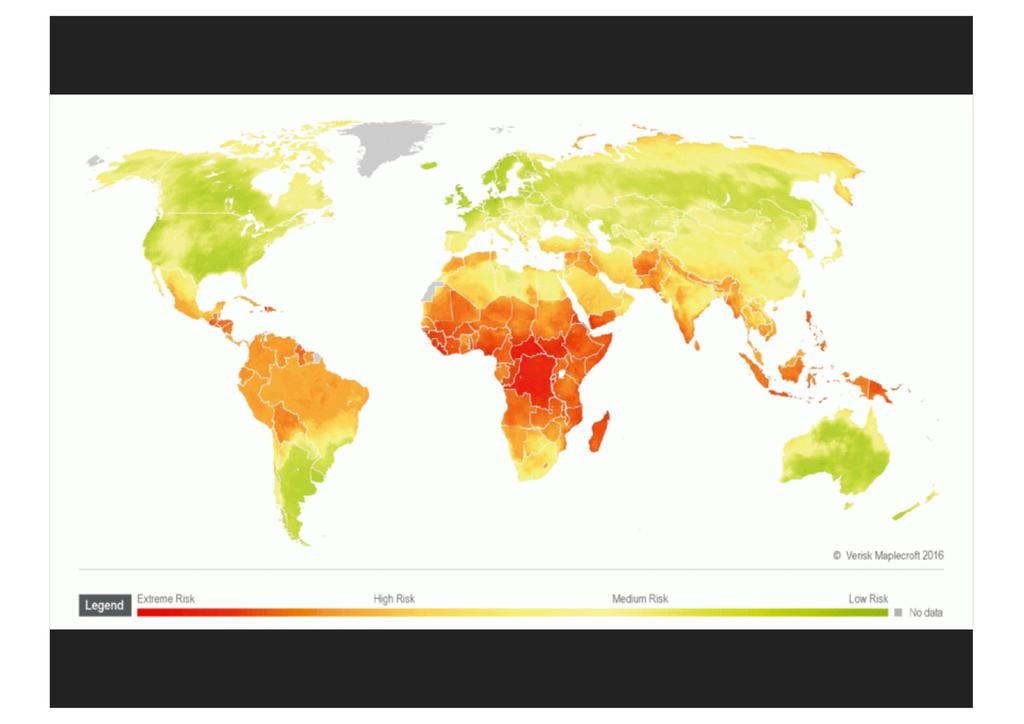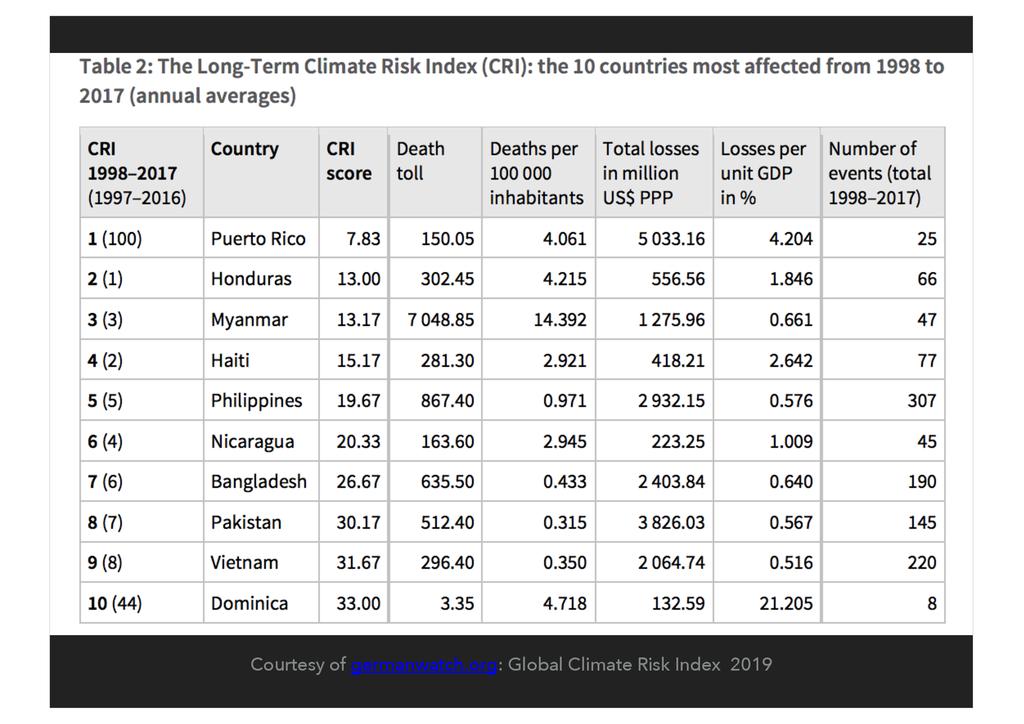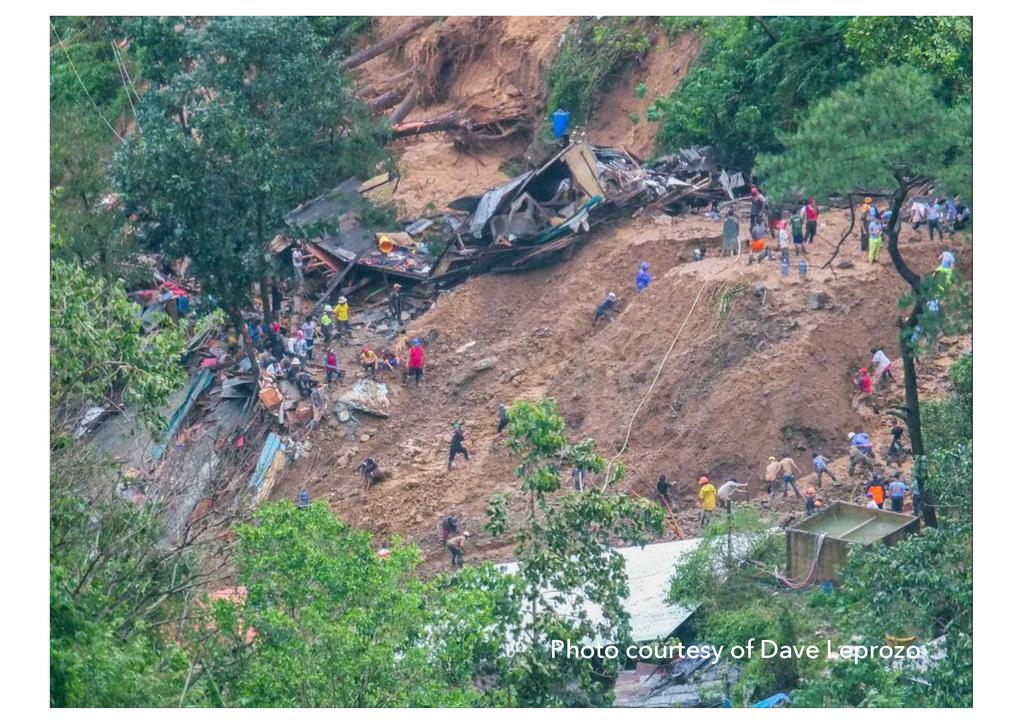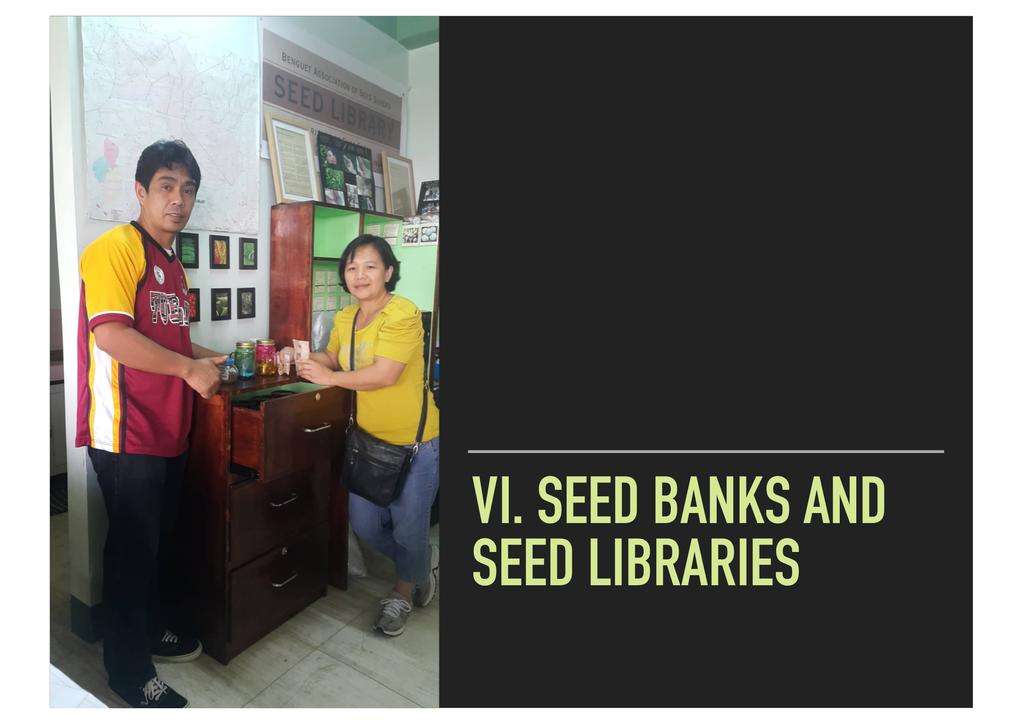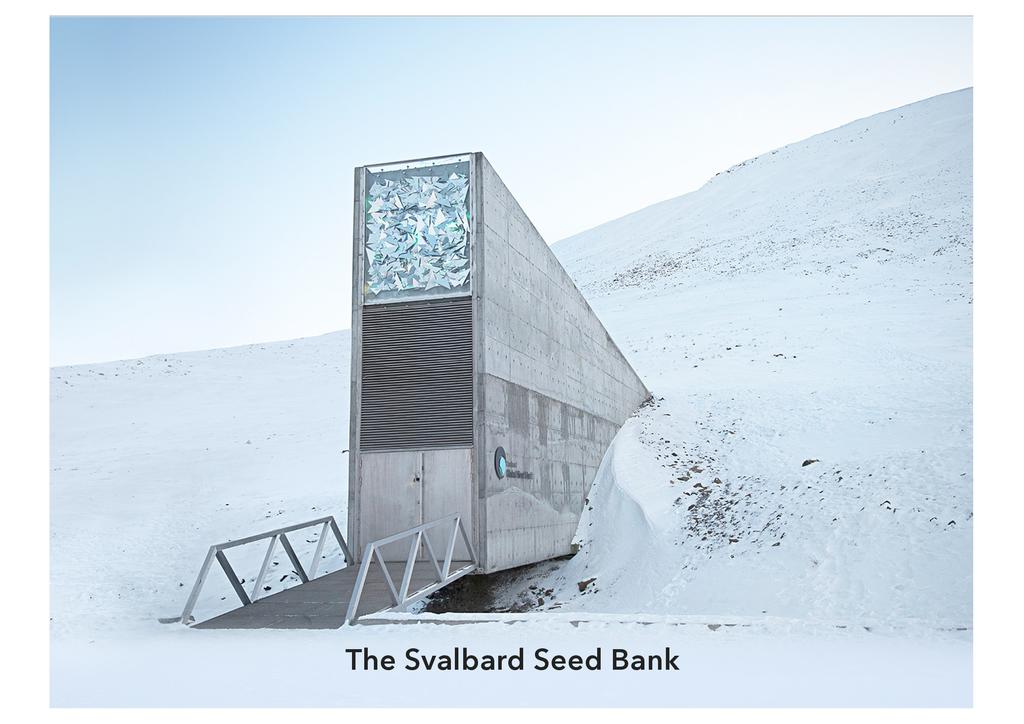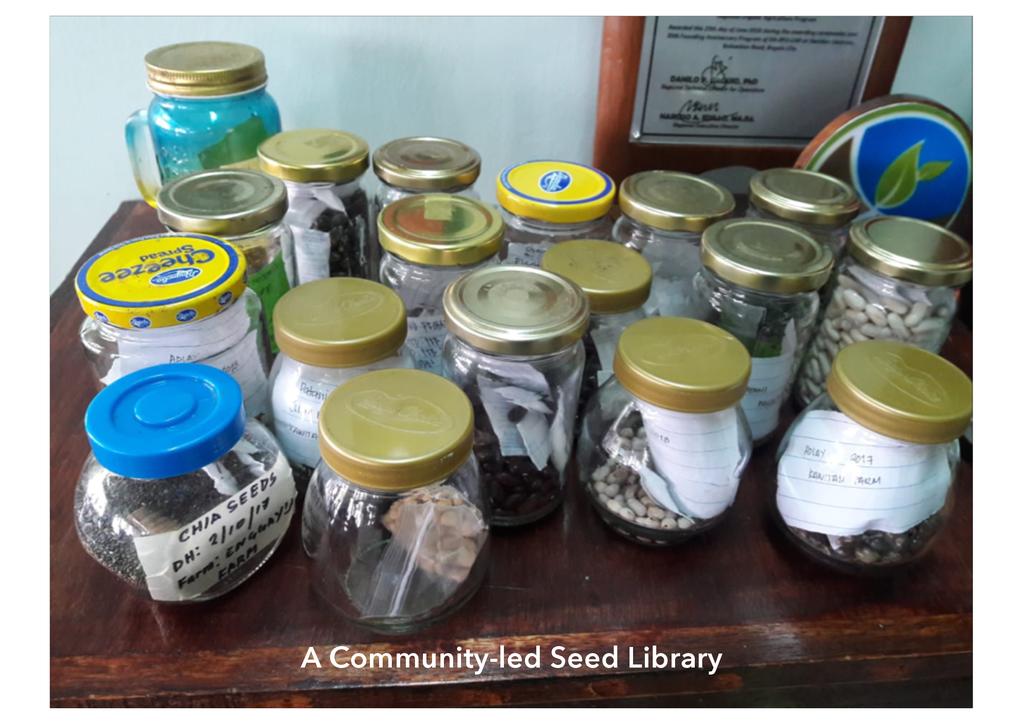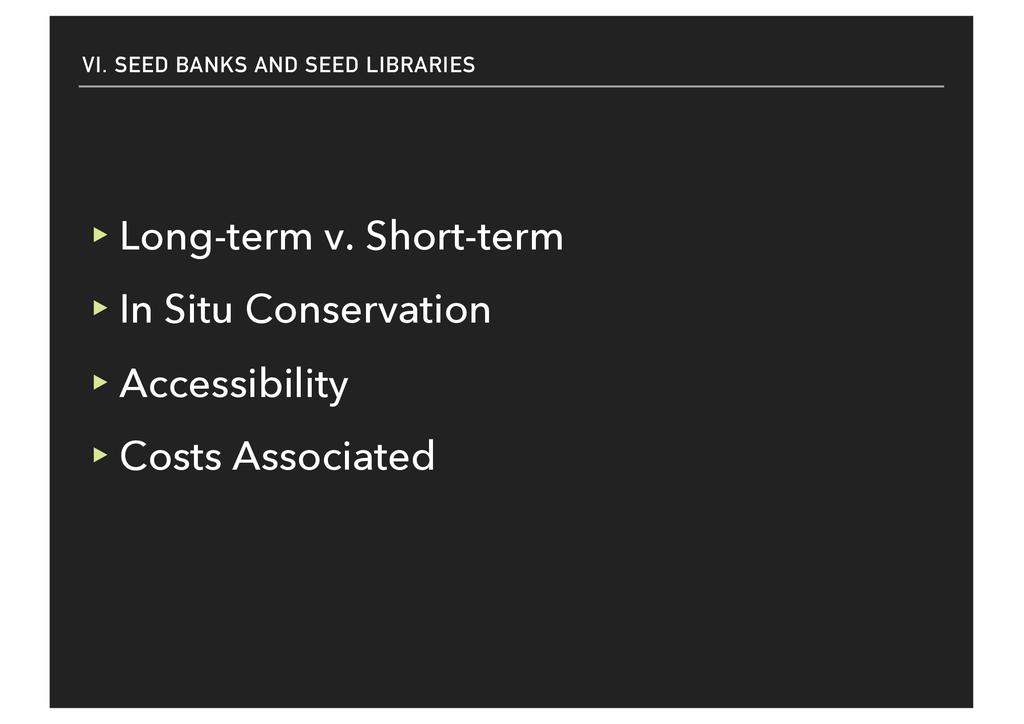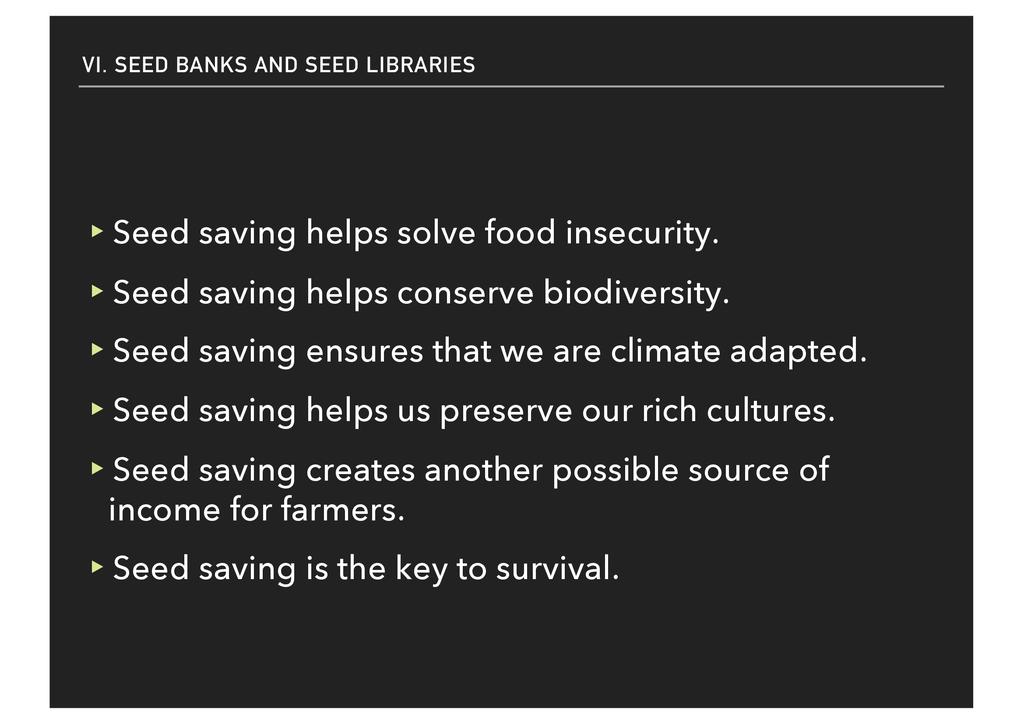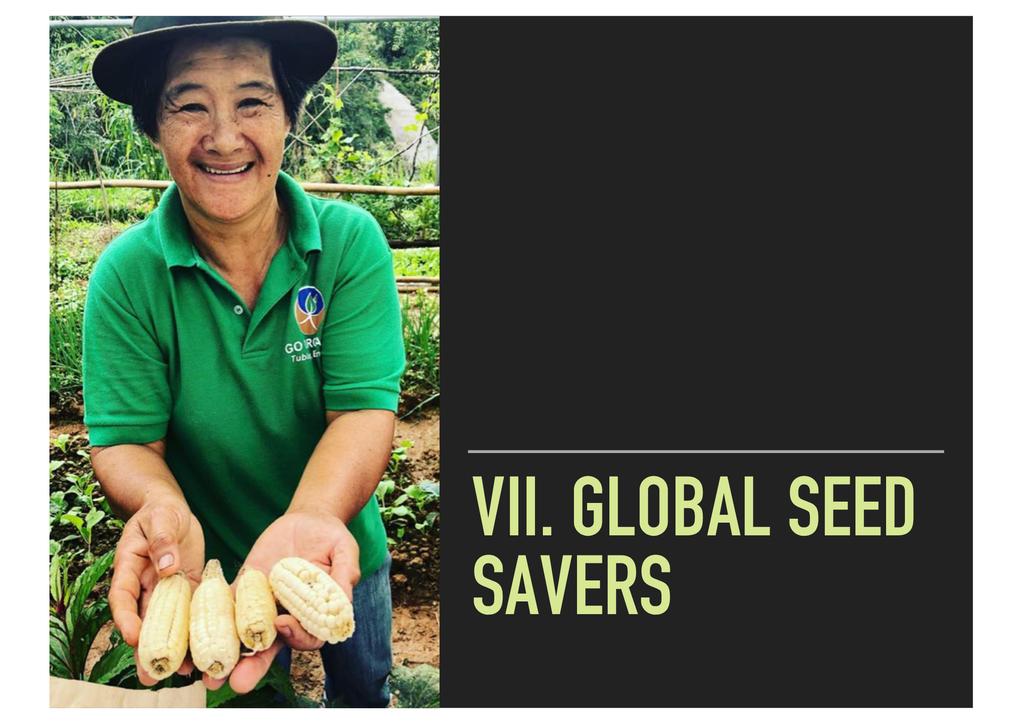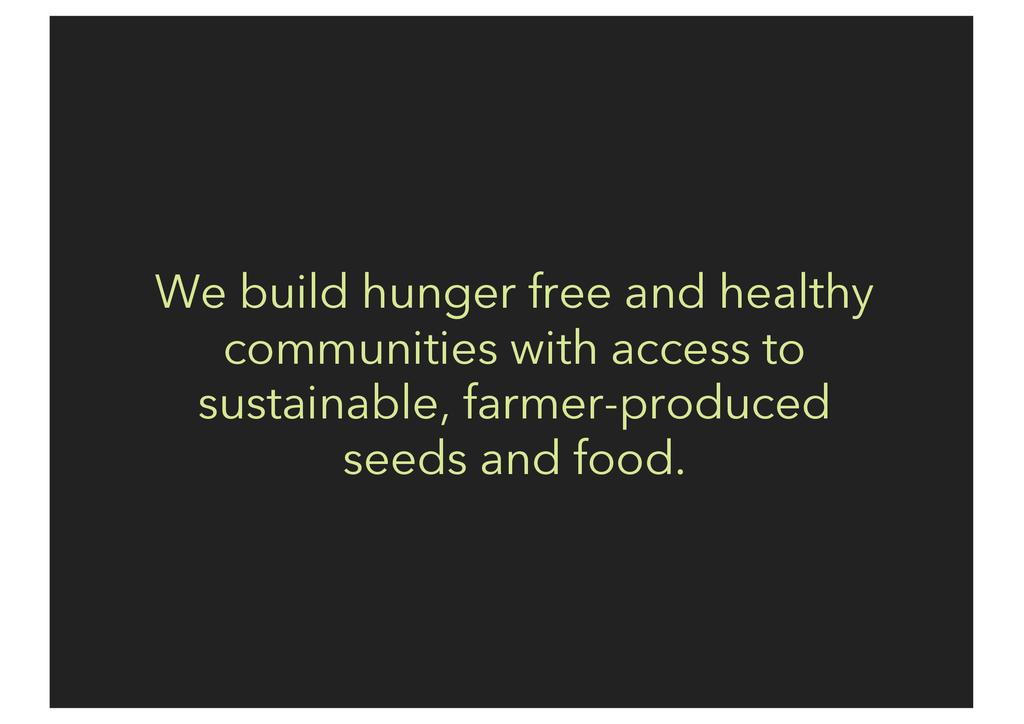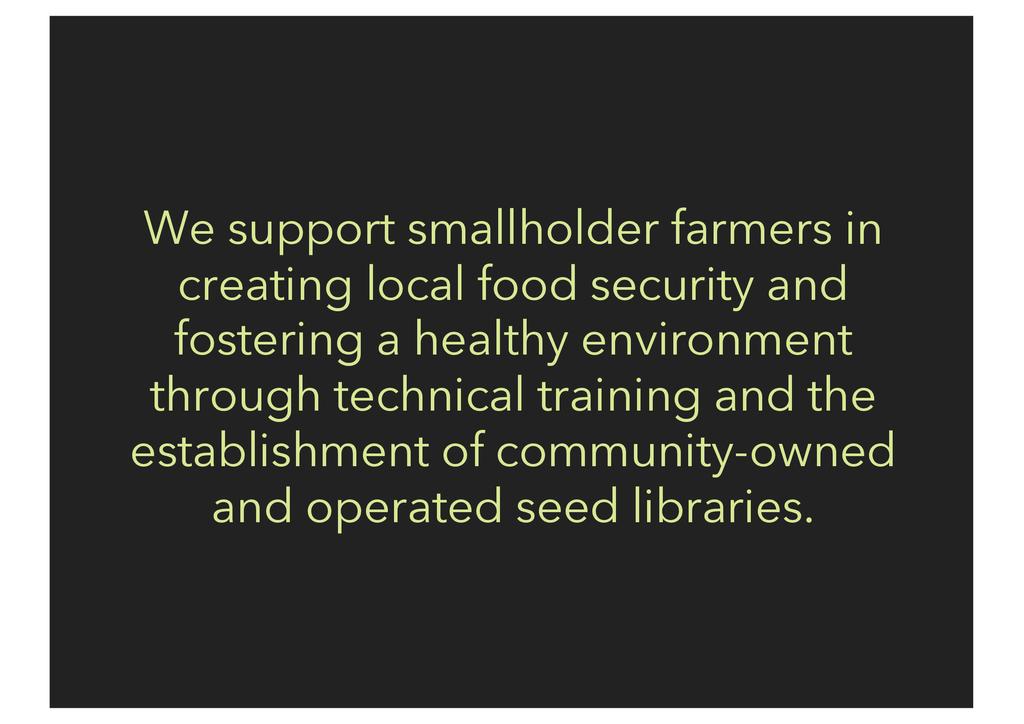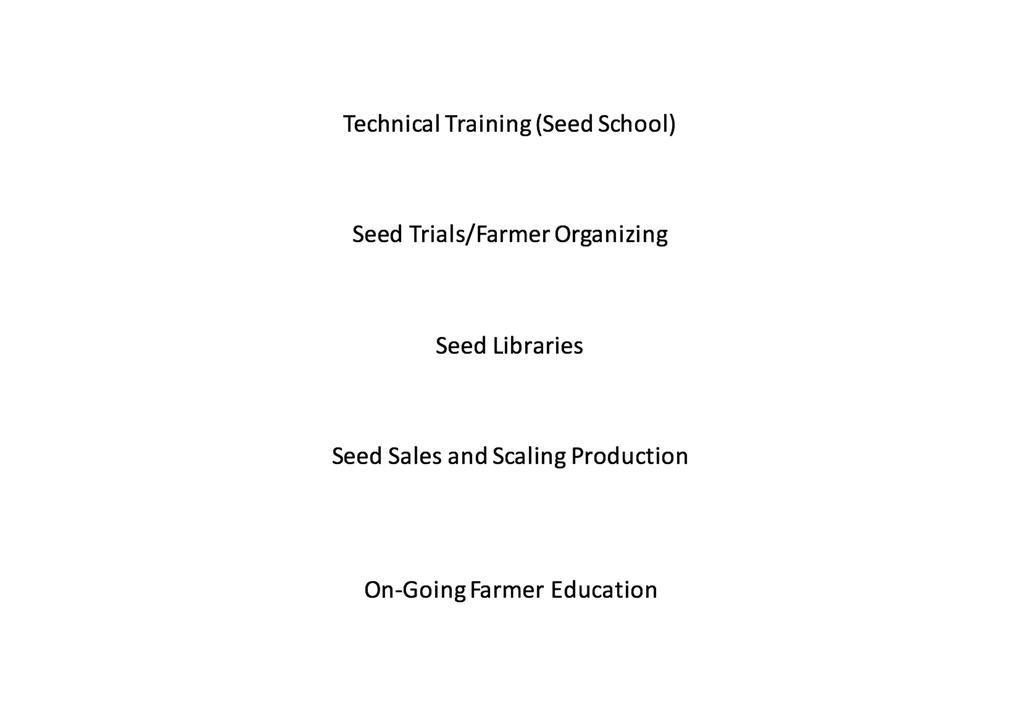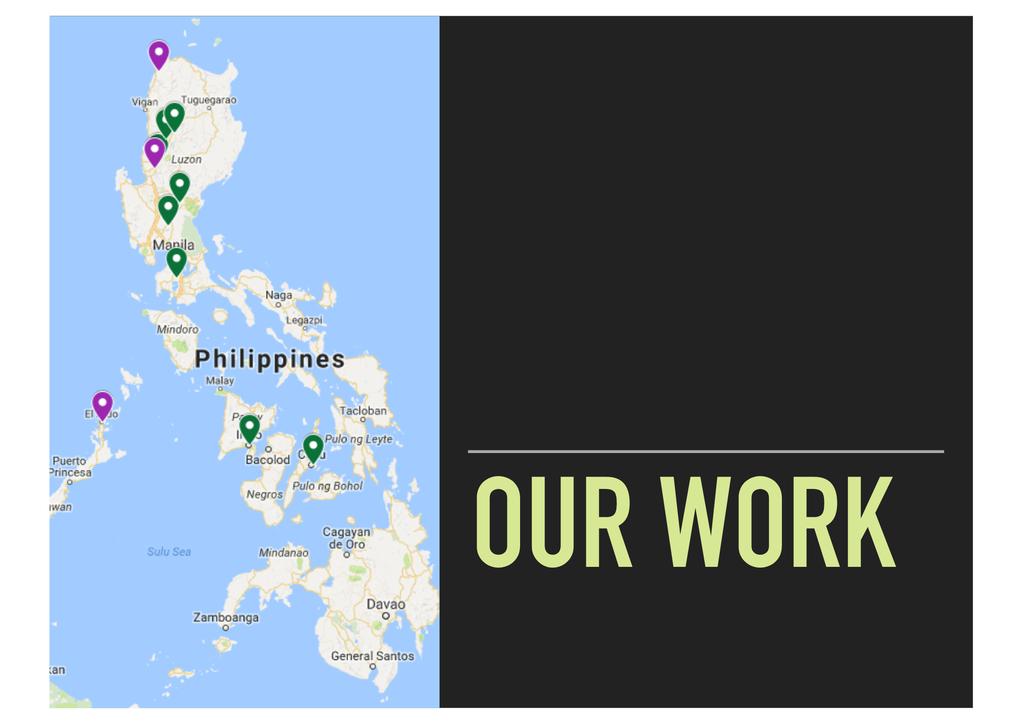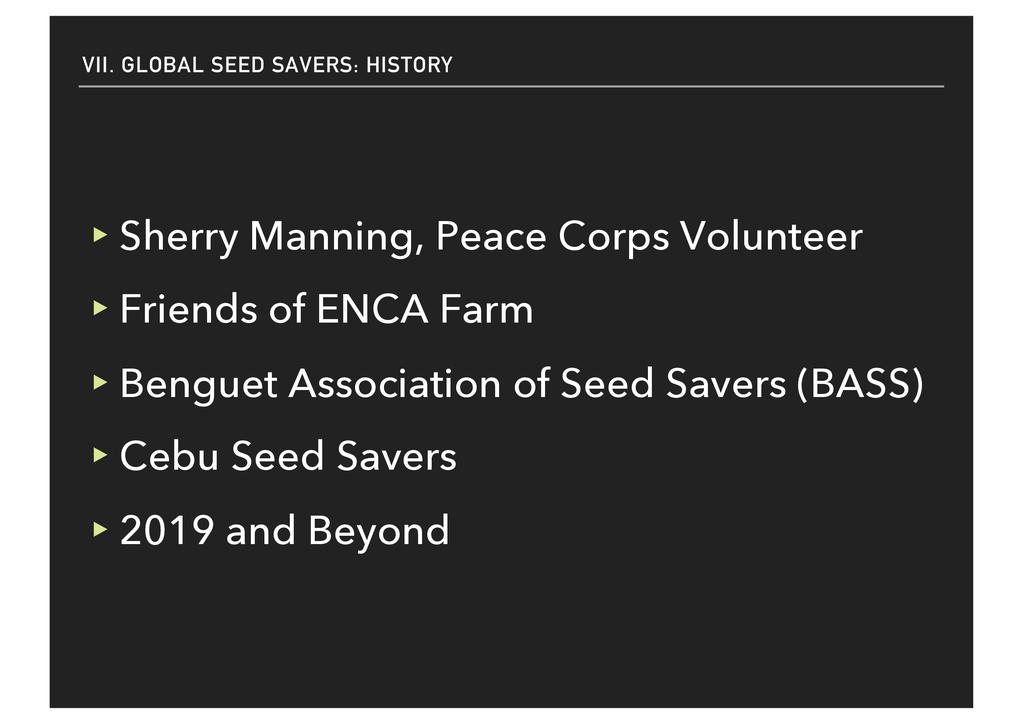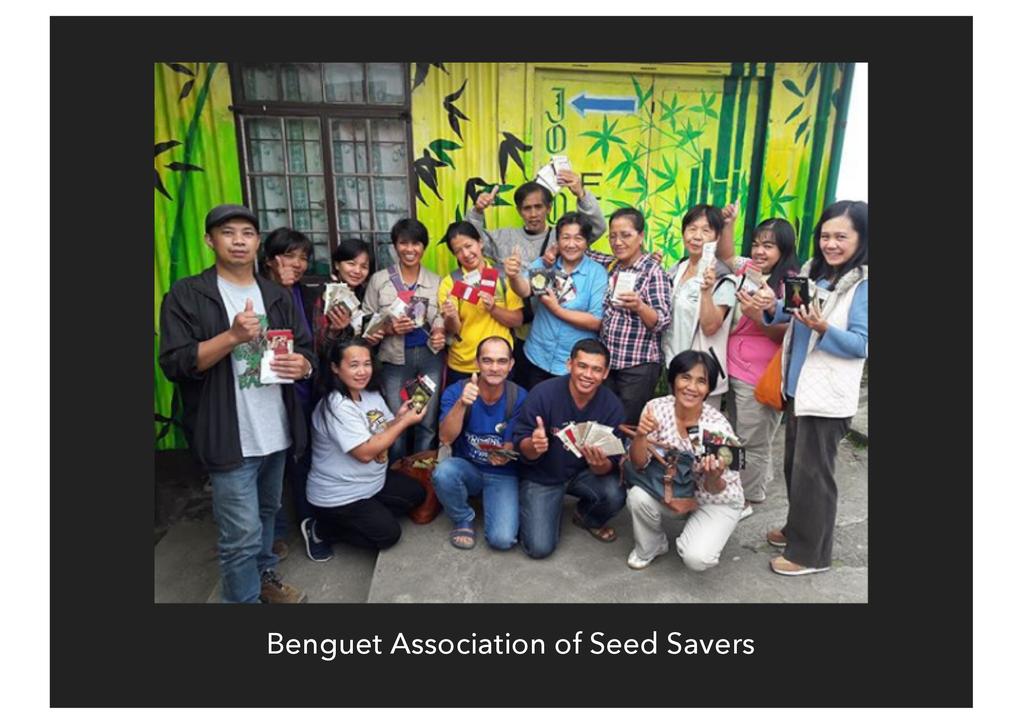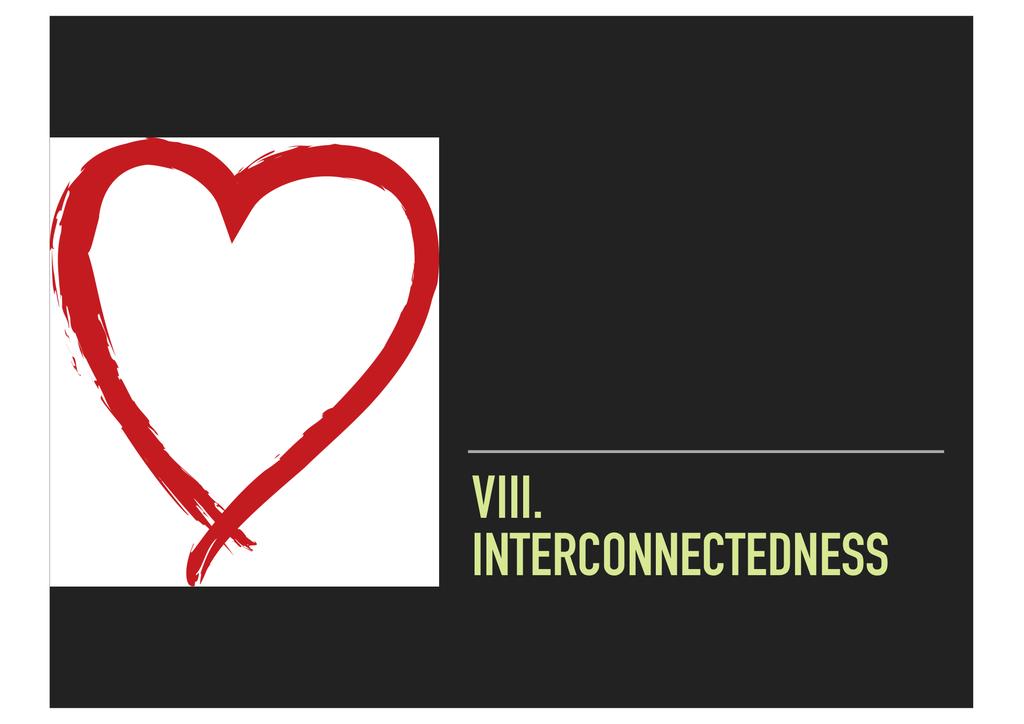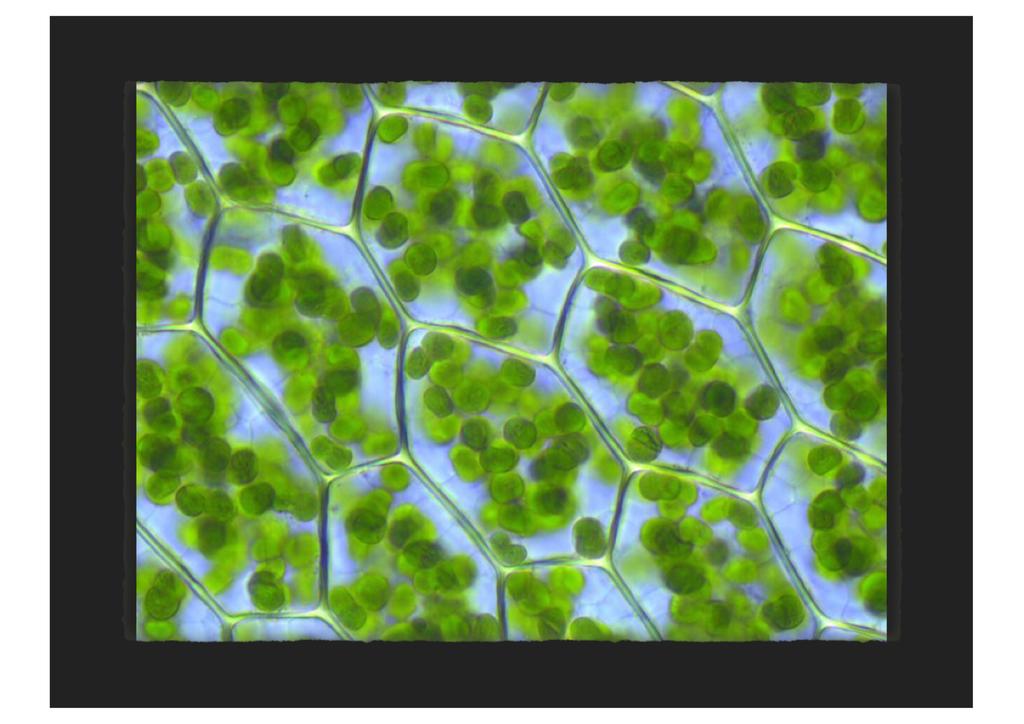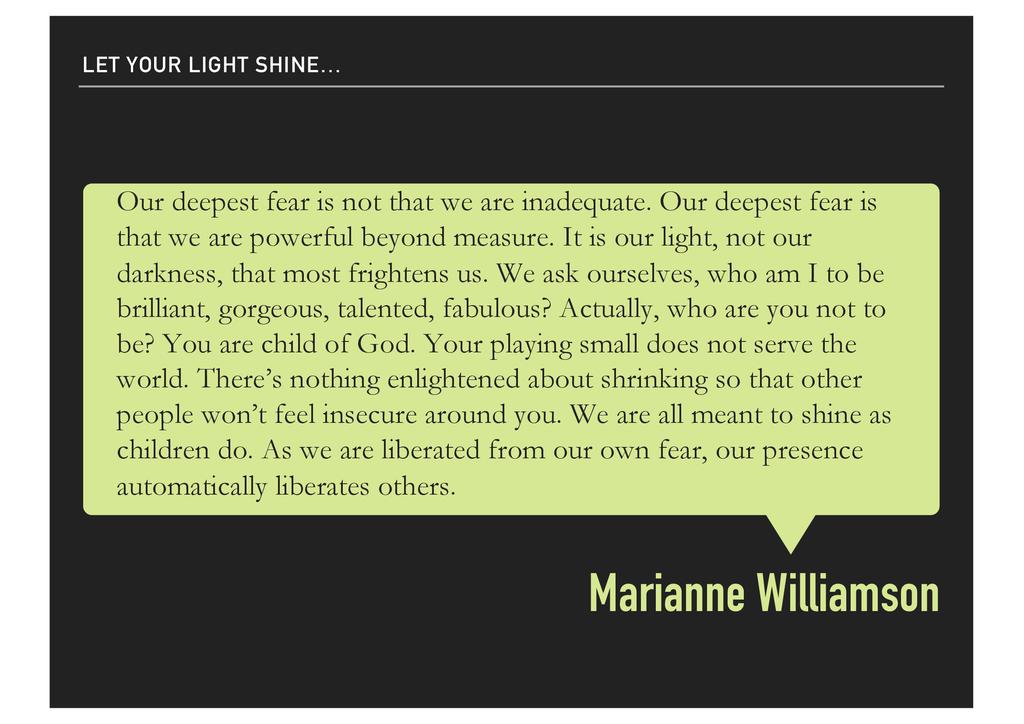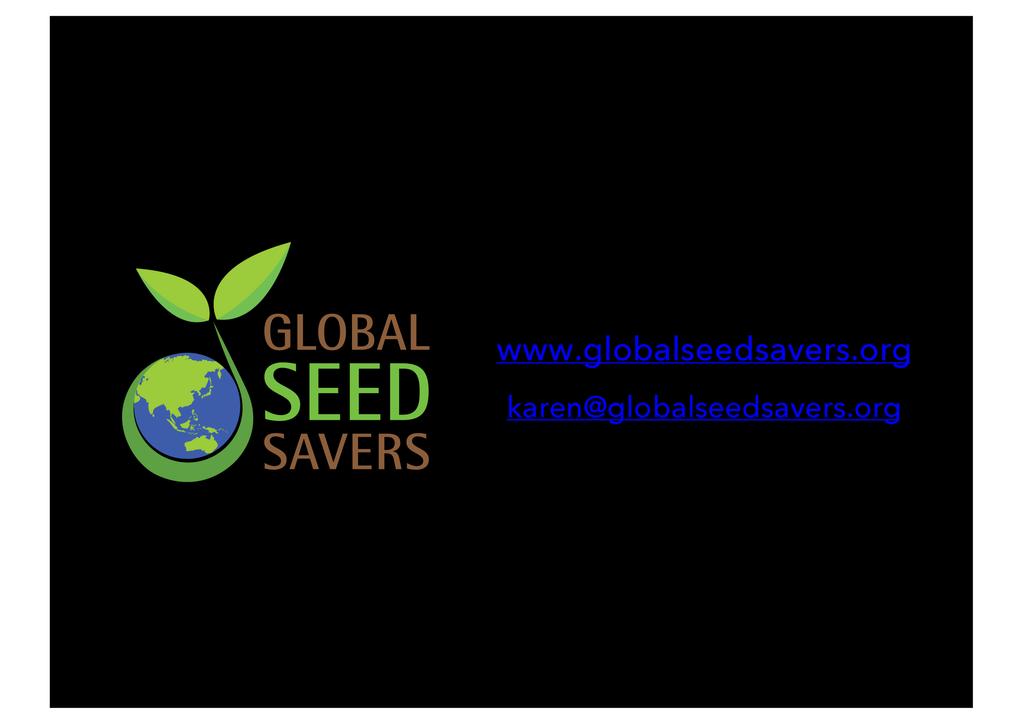Seed Saving and the Role of Community Seed Libraries in Light of Climate Adaptation
Presented By: Karen Lee Hizola
Event: 2019 ECHO Asia "Small Scale: Up Scale" Agriculture & Community Development Conference (2019-10-04)
The more than 7000 islands that comprise the Philippine archipelago is vastly rich in natural resources and is considered one of only 17 mega-biodiverse regions in the world. Diversity is a recurring theme in these islands as the people speak more than 130 different languages, sublanguages and dialects. The larger cities and their neighbouring towns are melting pots of culture but the farther rural areas still retain, to this day, some diluted form of indigenous cultures. Ethnolinguistic groups used to have their own specific culinary fare based on the crops that were endemic to their areas. Numerous factors like location, rites and rituals also influenced the diets of these different clusters. Common to almost all groups is how central agriculture is to their way of life.
According to the Philippine Statistics Authority, 26% of all employed Filipinos are in the agriculture sector, making it the second largest group in the Philippines’ labor force. A very small but growing portion of this is engaged in Organic Agriculture. The rural areas are littered with numerous farm supplies but these stores do not sell organic seeds. It was only in the last couple of decades or so that farmers have become dependent on farm supplies. These stores tend to sell seeds that a. cannot be saved and/or b. seeds that produce uniform-looking plants. The dependence of farmers on-farm supply stores is potentially detrimental to the biodiversity of the country and limits the chances of the availability of climate-adapted seeds. Global Seed Savers has found that there is a shortage in organic seed supply all over the country and is currently working to ensure that there are community-led seed libraries in the different areas of the country.
